Summary | Excerpt | Reading Guide | Reviews | Beyond the book | Read-Alikes | Genres & Themes | Author Bio
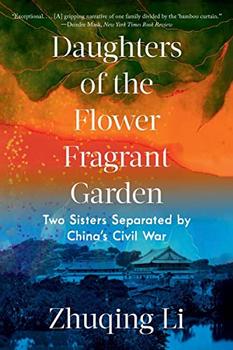
Two Sisters Separated by China's Civil War
by Zhuqing LiSisters separated by war forge new identities as they are forced to choose between family, nation, and their own independence.
Jun and Hong were scions of a once great southern Chinese family. Each other's best friend, they grew up in the 1930s during the final days of Old China before the tumult of the twentieth century brought political revolution, violence, and a fractured national identity. By a quirk of timing, at the end of the Chinese Civil War, Jun ended up on an island under Nationalist control, and then settled in Taiwan, married a Nationalist general, and lived among fellow exiles at odds with everything the new Communist regime stood for on the mainland. Hong found herself an ocean away on the mainland, forced to publicly disavow both her own family background and her sister's decision to abandon the party. A doctor by training, to overcome the suspicion created by her family circumstances, Hong endured two waves of "re-education" and internal exile, forced to work in some of the most desperately poor, remote areas of the country.
Ambitious, determined, and resourceful, both women faced morally fraught decisions as they forged careers and families in the midst of political and social upheaval. Jun established one of U.S.-allied Taiwan's most important trading companies. Hong became one of the most celebrated doctors in China, appearing on national media and honored for her dedication to medicine. Niece to both sisters, linguist and East Asian scholar Zhuqing Li tells her aunts' story for the first time, honoring her family's history with sympathy and grace. Daughters of the Flower Fragrant Garden is a window into the lives of women in twentieth-century China, a time of traumatic change and unparalleled resilience. In this riveting and deeply personal account, Li confronts the bitter political rivals of mainland China and Taiwan with elegance and unique insight, while celebrating her aunts' remarkable legacies.
Li has crafted a marvelous account of how these two very different women, her aunts, acclimated to their respective political climates, raised children and still managed to forge a path ahead. Li's perceptive rendering of their different approaches to life provides added depth. I was immersed in this book from the moment I began reading! (Jean F). Zhuqing Li places her family history in the context of the Chinese Civil War and the many cultural and economic changes that took place in China in the 20th century. I think this would be a great book club choice. The themes of war, endurance and strong family ties could spark an interesting discussion (Ellen H)...continued
Full Review
(830 words)
This review is available to non-members for a limited time. For full access,
become a member today.
(Reviewed by First Impressions Reviewers).
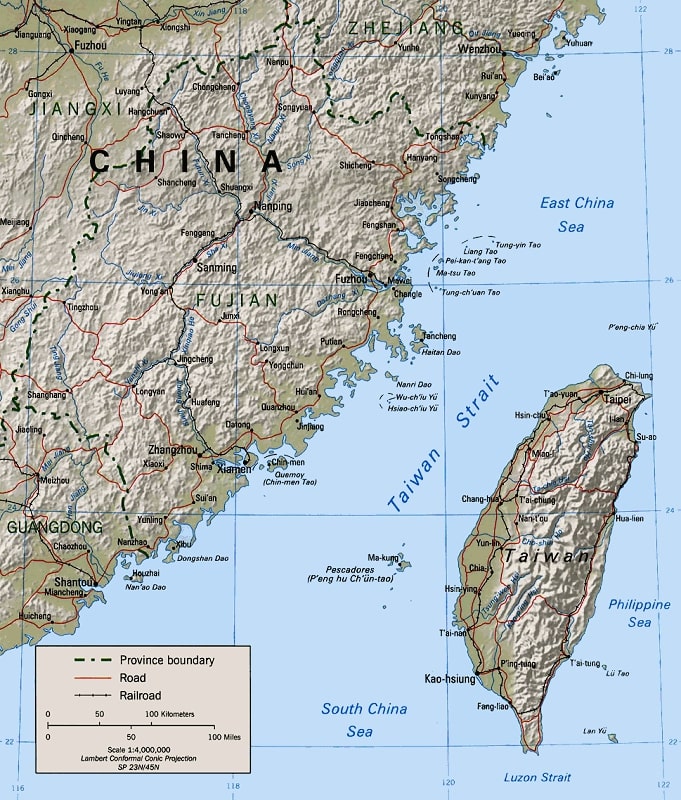 In Daughters of the Flower Fragrant Garden, Zhuqing Li writes of how her two aunts' lives were shaped by the events of the Chinese Civil War. One of them, Jun, ended up living in Taiwan after the war, married to a general from the losing side, the Nationalists, who ruled the island after the Communists took over the mainland.
In Daughters of the Flower Fragrant Garden, Zhuqing Li writes of how her two aunts' lives were shaped by the events of the Chinese Civil War. One of them, Jun, ended up living in Taiwan after the war, married to a general from the losing side, the Nationalists, who ruled the island after the Communists took over the mainland.
The relationship between China and Taiwan dates back at least to the third century AD, when the Chinese emperor sent a legion of explorers there. The island became a Dutch colony briefly in the 17th century, after which it came under the control of the Chinese Qing Dynasty. Chinese migrants flooded into the area in the years that followed, until 1895, when the First Sino-Japanese War ended and Taiwan became a ...
This "beyond the book" feature is available to non-members for a limited time. Join today for full access.

If you liked Daughters of the Flower Fragrant Garden, try these:
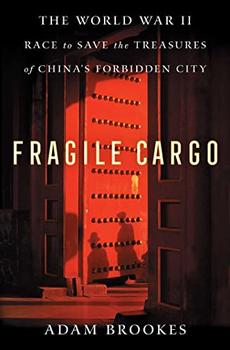
by Adam Brookes
Published 2023
The gripping true story of the bold and determined museum curators who saved the priceless treasures of China's Forbidden City in the years leading up to World War II and beyond.
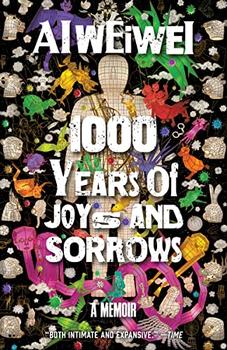
1000 Years of Joys and Sorrows
by Ai Weiwei
Published 2022
In his widely anticipated memoir, "one of the most important artists working in the world today" (Financial Times) tells a century-long epic tale of China through the story of his own extraordinary life and the legacy of his father, the nation's most celebrated poet.

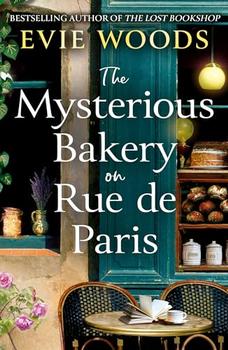

Chance favors only the prepared mind
Click Here to find out who said this, as well as discovering other famous literary quotes!